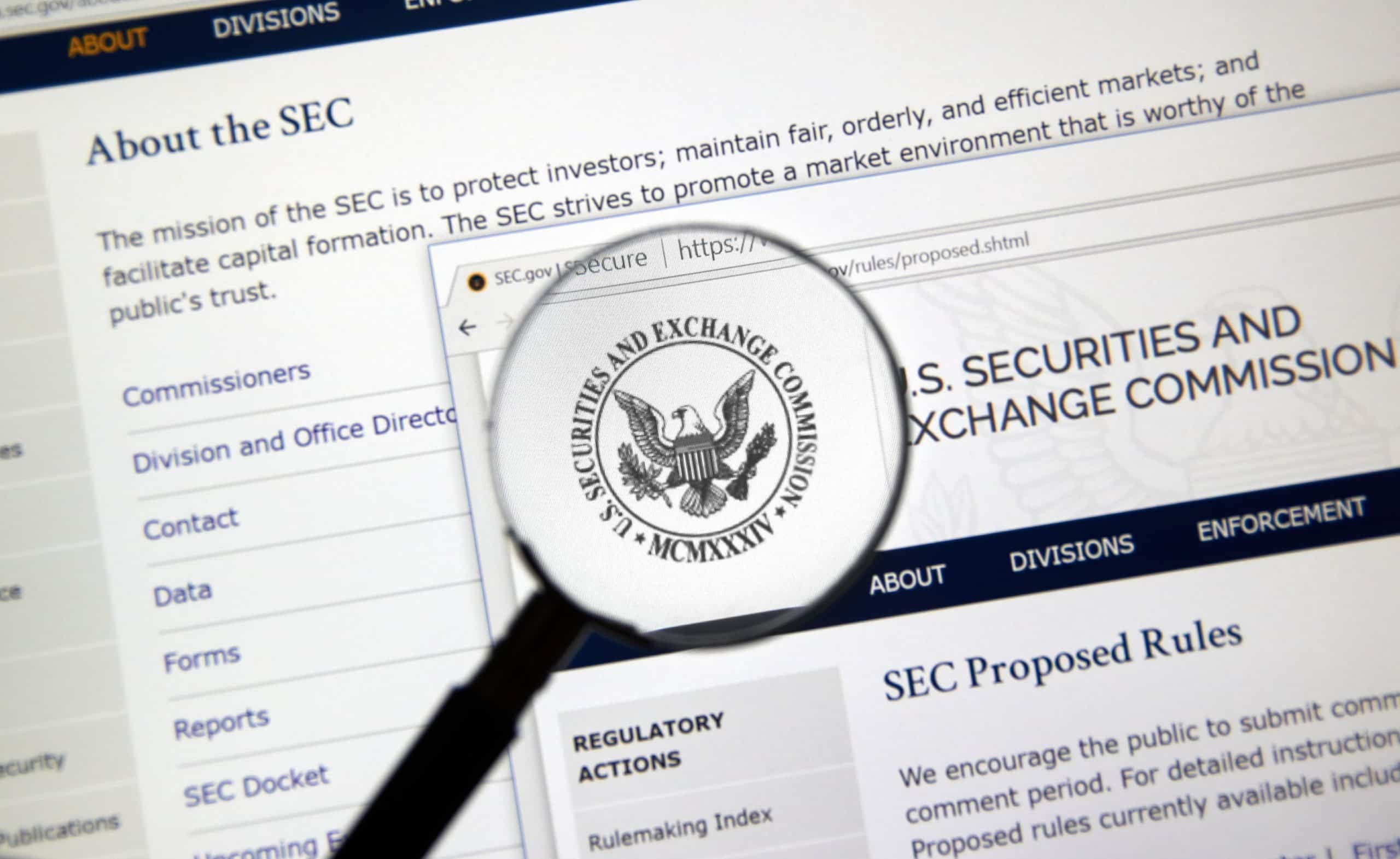In an unprecedented development for US crypto regulation, a United States district court judge, Robert Shelby, has reprimanded the Securities and Exchange Commission (SEC) for what has been deemed a “gross misuse of power” in its legal actions against the cryptocurrency company Debt Box. Those of us in the cryptocurrency community are likely not shocked by the SEC’s actions as the commission, especially under Chairman Gary Gensler, has shown great disdain for the asset class as a whole, refusing to provide meaningful guidelines for the industry.
This incident has stoked the flames of already tense discussions about the SEC’s role and approach toward cryptocurrency regulation, potentially signaling a pivotal moment in the oversight of the crypto market. The crypto community is hoping that the SEC will eventually get the message to regulate crypto fairly once enough pressure is applied by lawmakers, judges, and other important figures.
What Did the SEC Do Wrong?
Debt Box is a relatively small crypto company that sells node software licenses that would earn the buyer money by ‘mining’ various coins or digital assets. The SEC launched a lawsuit against the company in July, arguing that it was selling unregistered securities and defrauding investors out of about $50 million. So far, none of this is unusual. However, before the case was unsealed, let alone heard, the commission filed for an ex parte temporary restraining order (TRO).
This request is somewhat similar to the controversial practice of no-knock warrants and is usually only allowed in situations where there is an imminent threat of the party destroying evidence. The party is not informed of the motion and is thus unable to contest it. The SEC claimed that Debt Box was actively trying to escape the country and shut down its bank accounts. Shelby decided to grant the order but, naturally, he asked to see the evidence after Debt Box’s lawyers called foul.
It turned out that the SEC had majorly misrepresented the facts of the case. Debt Box indeed shut down some bank accounts but not the project and it only moved most of its operations long before the lawsuit even began. Shelby wrote in his decision that “The Commission nonetheless advanced that evidence in deliberately false and misleading ways.” He even added that the agency’s misconduct “substantially undermined the integrity of these proceedings and the judicial process.”
Judicial Rebuke: A Wake-Up Call for the SEC’s War on Cryptocurrency
Robert Shelby was extremely displeased with the SEC’s conduct and reprimanded the staff members for their misrepresentations.
The judge decided to mandate the SEC to compensate Debt Box for legal expenses and costs relating to the restraining order, underscoring the serious nature of the SEC’s transgressions. The mishap also raises questions about the agency’s conduct in regulating the crypto space – which has often been labeled ‘regulation by enforcement’.
This ruling not only reflects poorly on the SEC’s current enforcement strategies but also invites scrutiny over its overall stance toward cryptocurrency regulation.
Indeed, the head of the industry giant a16z made a revealing post on X spotlighting the crypto industry’s growing frustrations with the regulator.
Recent events have changed my mind about working with former SEC crypto enforcement lawyers.
Anyone still working in that division is complicit in the ongoing abuses of power. Debt Box won't be the last example.
We won't work with the law firms that one day hire these people.
— miles jennings (@milesjennings) March 20, 2024
The incident with Debt Box could serve as a case study for how aggressive regulatory postures can lead to legal and reputational consequences and stir caution amongst regulators around the world.
Implications for Cryptocurrency Oversight and Ethereum ETFs
The SEC’s contentious interaction with the crypto industry extends beyond individual cases, influencing broader market dynamics and investor confidence.
The agency’s approach to cryptocurrencies, particularly its hesitancy to approve spot ETFs for Ethereum, the world’s second largest cryptocurrency, exemplifies its cautious and sometimes adversarial stance toward the sector. Notably, it refused to make a decision on spot Bitcoin ETFs until it was forced to do so by a court.
The delay in approving Ethereum ETFs, despite the incredible success of Bitcoin spot ETFs as well as the growing interest and maturation of the market, reflects a regulatory environment fraught with uncertainty and conservatism.
The outcome of the SEC’s actions, especially in high-profile cases like that of Debt Box, could sway the agency’s future decisions on cryptocurrency products, including ETFs.
As the market eagerly anticipates the green light for Ethereum ETFs, the SEC’s regulatory philosophy and its legal entanglements could significantly shape the trajectory of crypto financial products.
Navigating a Path Forward: The Need for Balanced Regulation
The backlash against the SEC highlights a critical juncture for crypto regulation – it underscores the necessity for a fair regulatory framework that balances the need for oversight with fostering innovation and investor protection in the cryptocurrency space.
As the industry evolves, the call for reform and a more nuanced approach to regulation grows louder – especially in light of spot Bitcoin ETFs.
The SEC’s ordeal with Debt Box may catalyze a shift toward more transparent and fair regulatory practices. It serves as a reminder that regulatory authorities must exercise their power judiciously, maintaining integrity and accountability to safeguard the interests of both investors and the burgeoning crypto industry.
